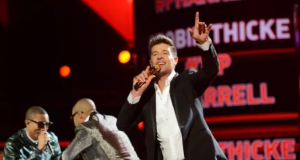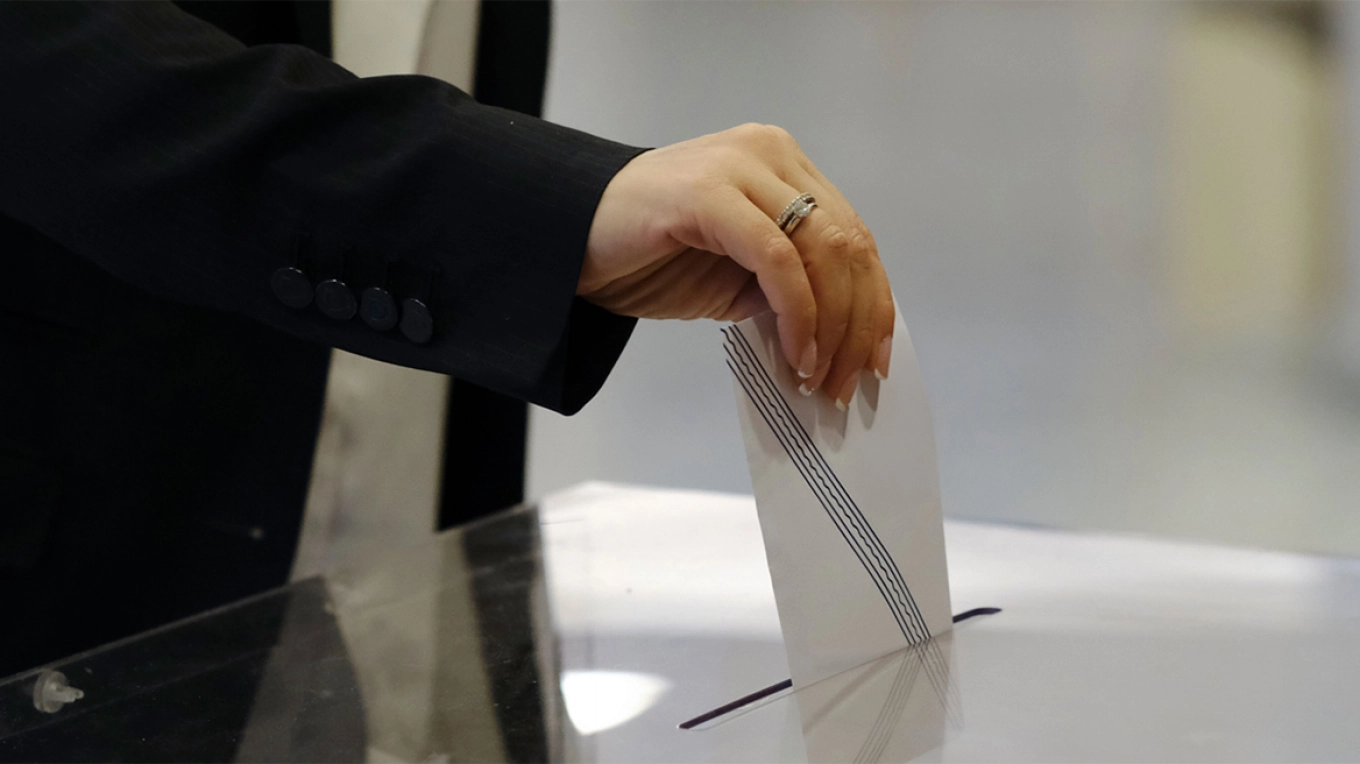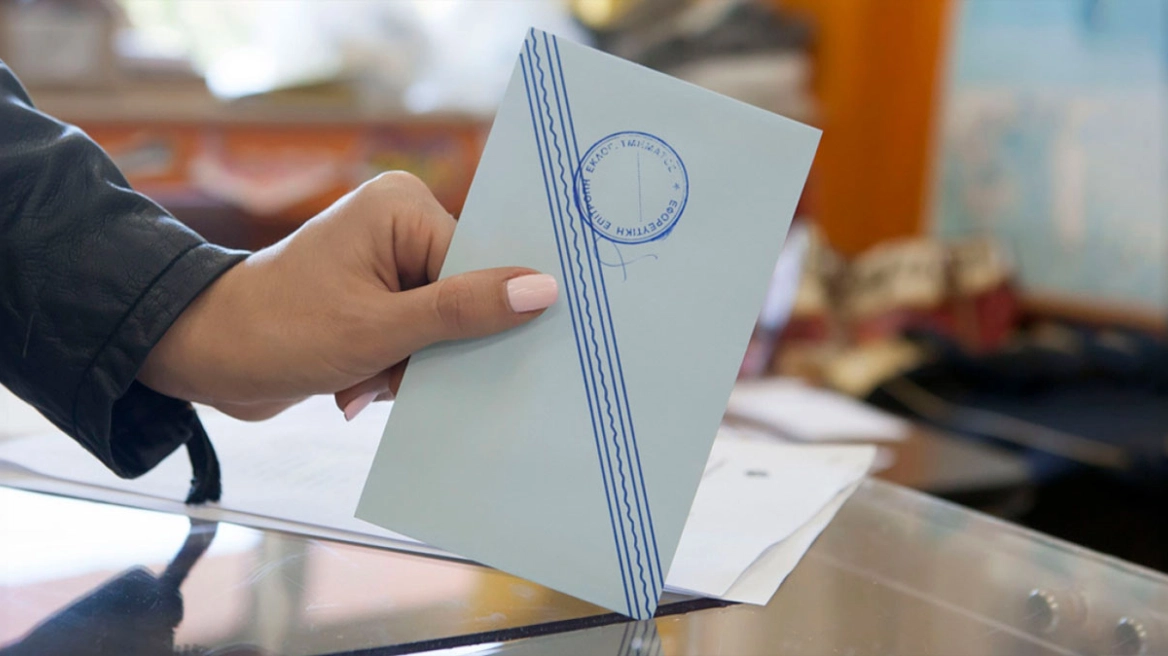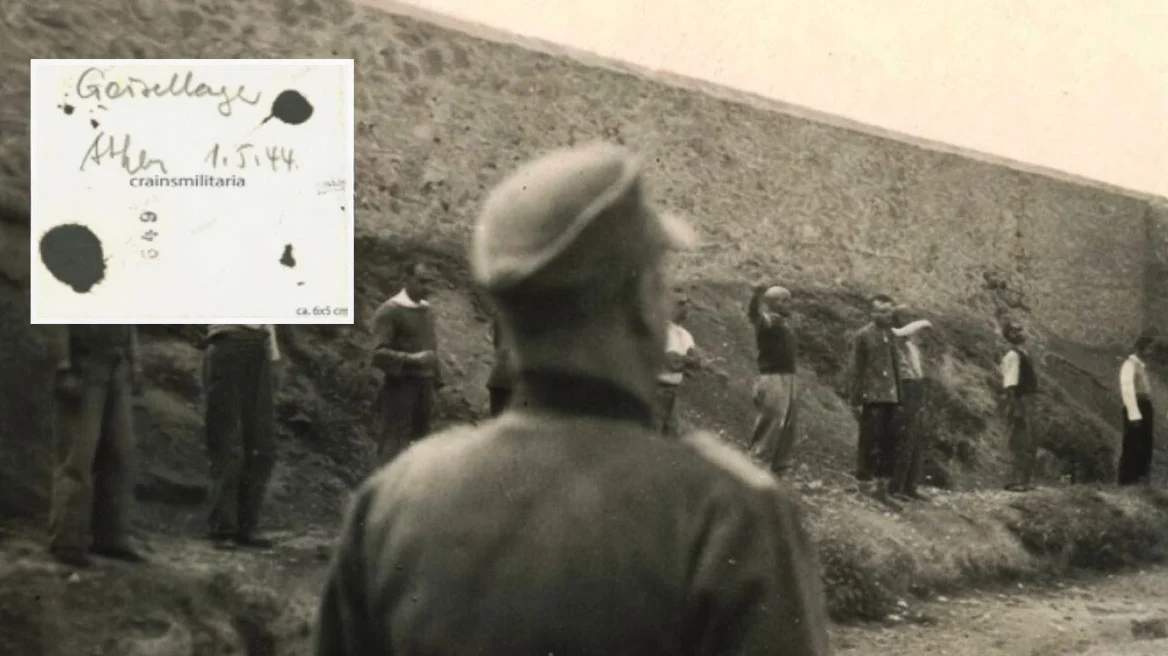Music is art, and art is for people — not lawyers. But musicians have long relied on the law to protect their creations. For nearly two centuries, courts in the United States have heard cases from songwriters seeking to defend their compositions from thieves, cheats, and liars of all stripes. It’s a tradition that continues today — with recent disputes between Tom Petty and Sam Smith (settled amicably out of court) and the Marvin Gaye family and Robin Thicke, Pharrell Williams, T.I., et al (currently at trial) — putting the modern music industry on high alert.
In those cases, and in most disputes alleging copyright infringement of a musical composition, a few perennial questions arise: When can a person be said to own something like a chord progression or melody? And in a world where everyone is inspired by someone else, where is the line between plagiarism and influence? To help us answer these questions in plain english, we spoke to Paul Fakler, a veteran copyright lawyer with a specialty in music law, of the law firm Arent Fox.
What we learned underscores the gap between how casual music fans think about music, and how it’s treated as a matter of law.
“Of all the kinds of law I’ve practiced over the years, copyright law is by far the most metaphysical,” Fakler said. “It can get pretty freaky.”
Read more HERE
Ask me anything
Explore related questions





